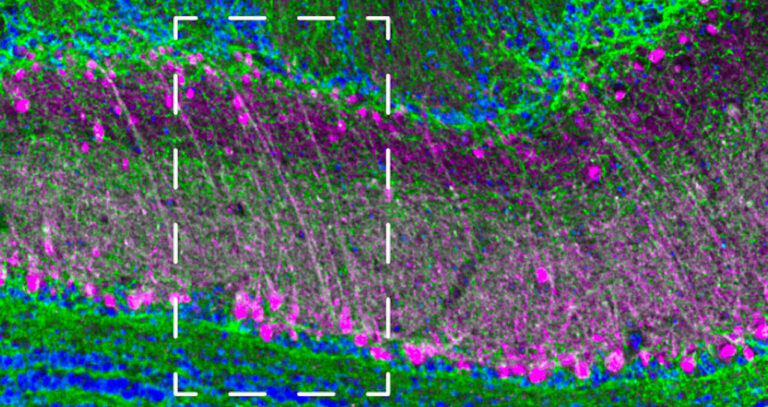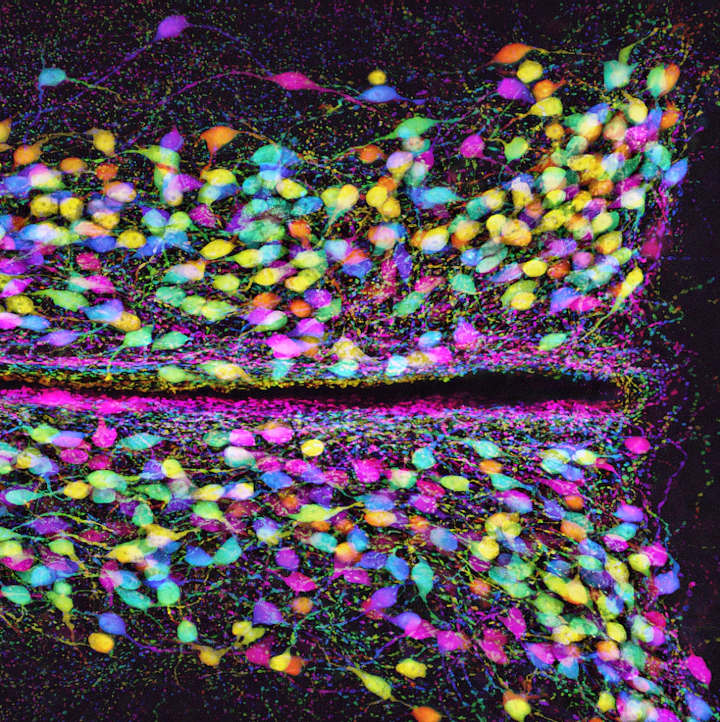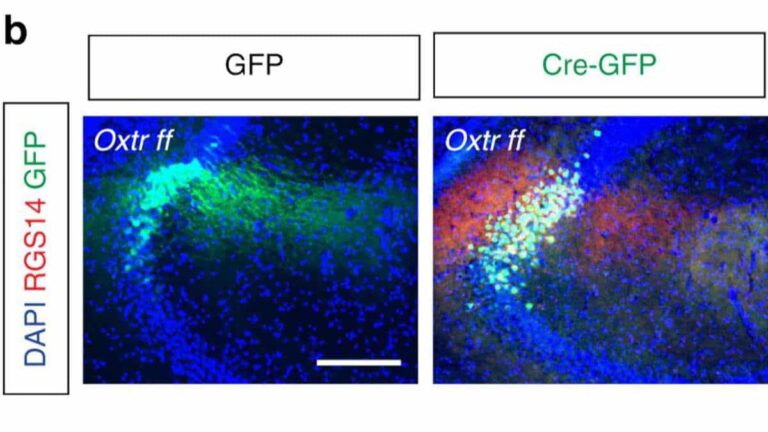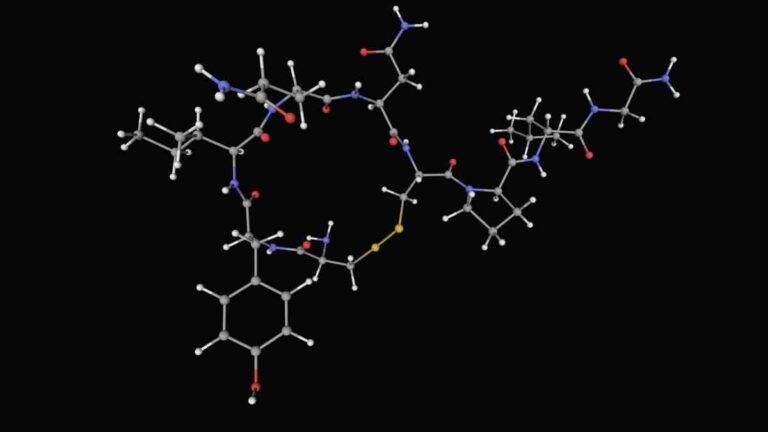Learning a new task, mastering a musical instrument, or adapting to a constantly changing environment are all made possible by the brain’s plasticity, or its ability to modify itself by rearranging existing neural networks and forming new ones in order to acquire new functional properties. This also aids neural circuit health, robustness, and stability. A…
Tag: Oxytocin
Oxytocin Release In The Brain Affected By Dendrite Omsolarity
Oxytocin is often referred to as a ‘love hormone’ because it can be released during activities such as hugging, snuggling, or sex. Reality, of course, can be a bit more complicated. In the brain, oxytocin can have powerful and diverse effects on mood, stress, anxiety, and social interactions. In the body it helps regulate fluid…
Oxytocin Could Be Used To Treat Cognitive Disorders Like Alzheimer's
Oxytocin, the hormone that induces feelings of love and well-being within us, has been found to reverse some of the damage caused by amyloid plaques in the learning and memory center of the brain in an animal model of Alzheimer’s. One of the main causes of Alzheimer’s is the accumulation of a protein called amyloid…
Hippocampus Oxytocin Receptors Enable Social Recognition
Social recognition is regulated by a lattice of oxytocin sensitive neurons in a part of the hippocampus, a seahorse-shaped structure in the brain responsible for memory formation, according to a new study. The research, conducted in mice by regenerative neuroscientists at Harvard Medical School, the Harvard Stem Cell Institute and Massachusetts General Hospital, provides critical…
Oxytocin May Predict Postpartum Depression Risk
For pregnant women who have previously suffered from depression, higher levels of oxytocin in the third trimester may predict the severity of postpartum depression symptoms. Says lead investigator Suena Massey, assistant professor of psychiatry and behavioral sciences at Northwestern University Feinberg School of Medicine: “It’s not ready to become a new blood test yet. But…
Oxytocin Boosts Reward Response In Women Watching Infants Cry
The hormone oxytocin raised activity in a reward-sensitive area of the brain when women viewed images of crying infants, but not when they viewed images of smiling ones. Indiana University researchers studying postpartum depression say oxytocin might spark the motivation to help an upset baby. The new work, by investigators from the IU Bloomington College…
What is Oxytocin?
Oxytocin is a mammalian neurohypophysial hormone. Produced in the supraoptic and paraventricular nuclei of the hypothalamus by nerve axons, and stored in the posterior pituitary gland, oxytocin acts primarily as a neuromodulator in the brain. Oxytocin plays an important role in the neuroanatomy of intimacy, specifically in sexual reproduction of both sexes, in particular during…



